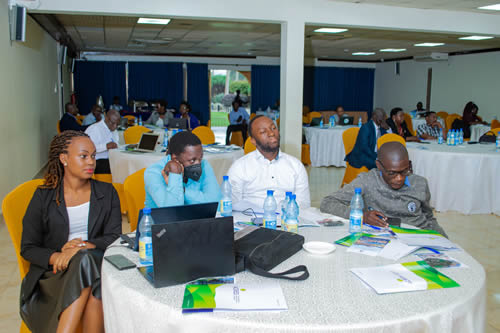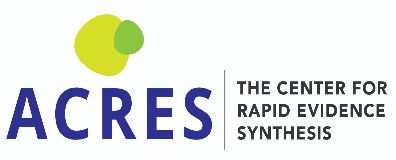
- June 29, 2024
- GIANT
- 0
Duration: 2018 – 2023
The Partnerships for Evidence and Equity in Responsive Social Systems (PEERSS) was a global consortium with 15 partners from four global regions, including Africa, the Middle East, Latin America, Caribbean Islands, and the United Kingdom. The partnership aimed to strengthen the use of and build appropriate mechanisms to respond to policymakers’ needs for evidence in different contexts, with the aim of advancing the SDGs.
The William and Flora Hewlett Foundation partnered with the International Development Research Centre (IDRC) to jointly support PEERSS teams in low- and middle-income countries.
Impacts of the PEERS consortium in Uganda
- Evidence-informed Regulatory Impact Assessment: ACRES contributed to the development of a Regulatory Impact Assessment (RIA) in the education sector as requested by the Department of Policy Development and Capacity Building under the Office of the President to support RIAs development and review with evidence, ensuring evidence-based decision-making. This set a precedent for future RIAs, promoting a culture of evidence-informed policy development. ACRES also initiated discussions to enhance the objectivity and systematic approach of analysis in RIAs, potentially leading to more robust policy decisions.
- Evidence Support for Teachers’ Professional Code of Conduct: ACRES was invited by the Education Service Commission (ESC) to provide evidence support for the review and update of the Teachers’ Professional Code of Conduct, demonstrating the recognition of ACRES’ expertise in evidence-informed decision-making.
- Capacity Building for CSOs: ACRES trained 15 civil society organizations (CSOs) in evidence-informed decision-making for advocacy, enhancing their capacity to influence policy decisions. This increased the capacity of CSOs to use evidence for advocacy. ACRES also facilitated the creation of a network of organizations and individuals promoting evidence-based advocacy in Uganda.
- Evidence Platform for Advocacy: ACRES established a platform for organizations to request evidence support for their advocacy needs, fostering a culture of evidence-informed advocacy.
- Youth-Centric Policy Ecosystem: ACRES completed the ecosystem for the National Sexuality Education Framework, providing a comprehensive understanding of stakeholders, ideas, and interests, enabling targeted engagement and effective advocacy. This improved the understanding of the policy landscape for sexuality education and facilitated targeted engagement with stakeholders for advocacy efforts.
- Informing Policy with Rapid Response Briefs: ACRES responded to a policy question from the Ministry of Gender, Labor and Social Development with a rapid response brief on promoting exclusive breastfeeding in Uganda’s informal economy, informing policy decisions and demonstrating the value of evidence-informed decision-making. The Ministry recognized the need for separate strategies for formal and informal sectors.
PEERSS teams provided policymakers with information on their decision-making timeline, drawing on systematic reviews and rapid syntheses of evidence, as well as practical knowledge from key stakeholders gathered through dialogues and citizens’ panels.
